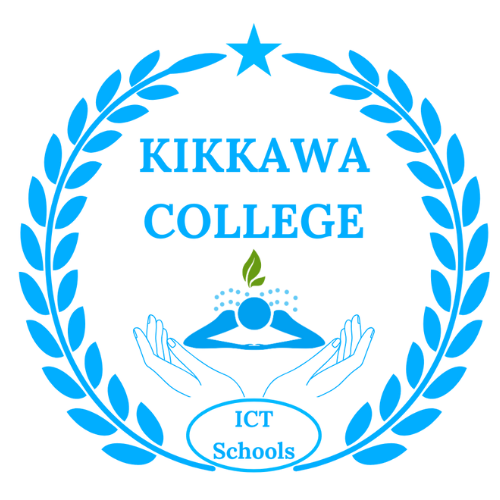The Role of Massage Therapy in Modern Healthcare
Human touch has long been linked to comfort, connection, and healing. Across cultures and centuries, people have relied on touch to ease pain, reduce stress, and restore balance. In today’s world, massage therapy builds on these traditions with science, clinical techniques, and evidence-based care. As a result, healthcare is expanding beyond conventional treatments, and massage therapists play an important role in wellness and recovery.
Understanding Massage Therapy
Massage therapy is the skilled manipulation of soft tissues—muscles, tendons, ligaments, and fascia—to improve function and well-being. In practice, therapists use methods such as Swedish massage, deep tissue therapy, sports massage, and myofascial release. Importantly, these approaches go beyond relaxation. They address chronic pain, mobility issues, tension headaches, and post-injury rehabilitation. For example, the Massage Therapy Association of Canada outlines professional standards and treatment approaches across the industry.
Why It Matters in Modern Healthcare
Massage therapy offers benefits that extend beyond the body. Sessions lower stress, improve circulation, and enhance sleep, while also boosting mental clarity and emotional resilience. Furthermore, for people with arthritis, fibromyalgia, or migraines, massage can be an effective complementary therapy with medical care. According to research from Mayo Clinic, massage is a safe, non-invasive way to promote physical and psychological wellness.
Building a Career Around Care
For those who want meaningful work, massage therapy provides fulfillment and flexibility. In fact, many therapists run their own clinics or mobile practices. On the other hand, others thrive in multidisciplinary settings with physiotherapists, chiropractors, and sports medicine specialists. Additionally, the career offers paths to specialize in prenatal massage, sports recovery, or geriatric care.
The ICT Schools Advantage
The Massage Therapy Diploma Program at ICT Schools blends theory and practice to prepare students for licensure and success. Coursework includes anatomy, pathology, therapeutic techniques, and professional ethics. In addition, supervised clinical placements provide hands-on experience with real clients. With over 45 years of excellence and campuses in Toronto and Halifax, ICT Schools produces skilled graduates who meet high professional standards. Therefore, students graduate with confidence and career readiness. Learn more about the program and application details on the ICT Schools website.
Conclusion
Massage therapy is more than a career—it’s a calling to heal, connect, and help people live healthier lives. Ultimately, with the right training and commitment, it can become a rewarding profession that combines personal passion with professional growth.






